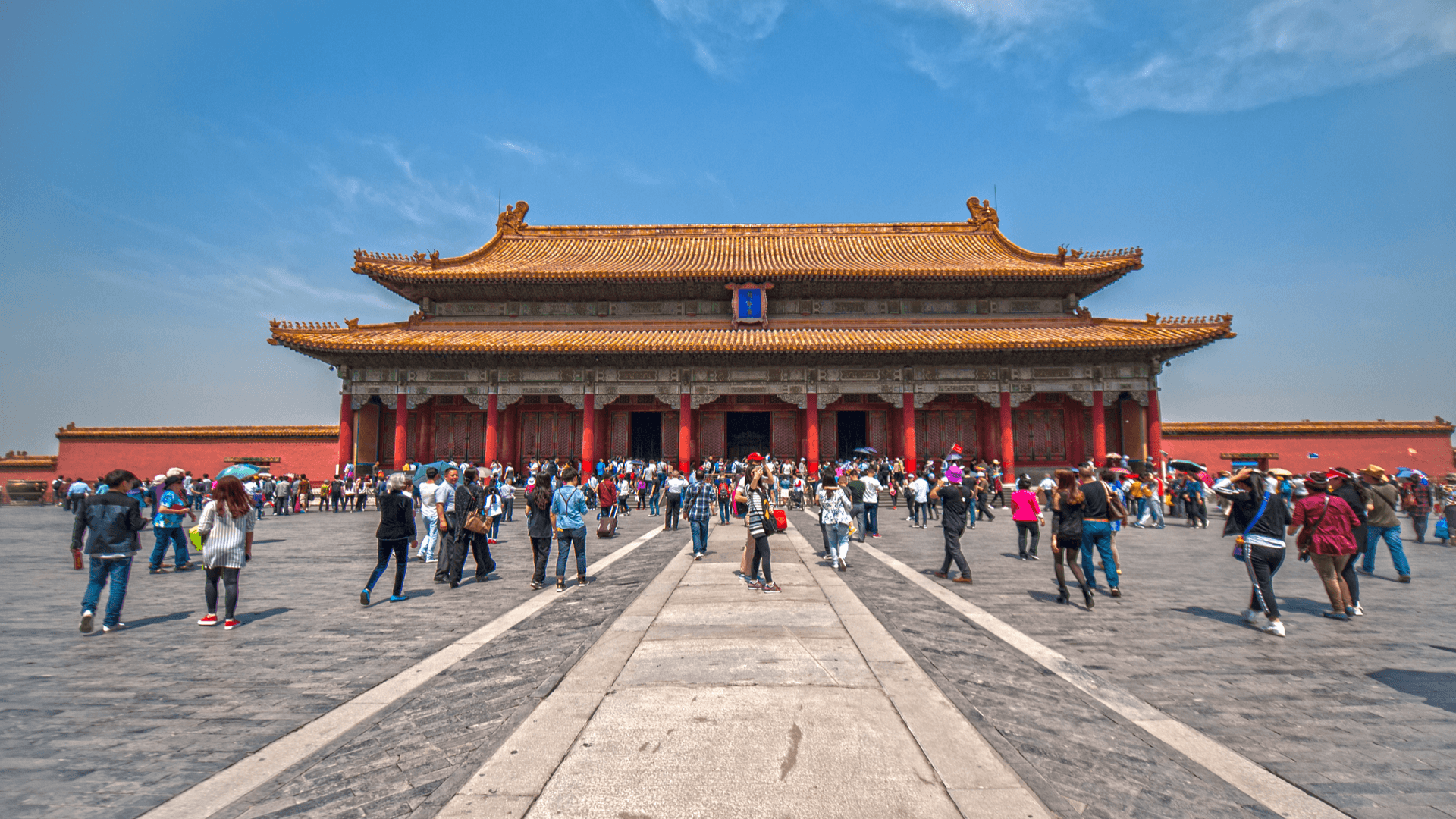Taobao, a popular Chinese online shopping website, is reinventing the ‘Made in China’ tag for Chinese millennials. Long-associated with cheap and shoddily manufactured goods, the e-commerce platform is riding a wave of growing national pride among the post-80s and 90s generation by developing products that celebrate craftsmanship on display at China’s greatest museums and cultural institutions. From colorful facial masks using Sichuan Opera Theater of Chengdu designs to matcha cookies shaped like porcelain bowels in Suzhou Museum’s collection, Taobao is helping create and sell products that are playful, modern and, barring Palace Museum’s calamitous cosmetic line, high-quality.
The days of stale gift shop souvenirs are over. With 48 percent of millennials feeling pride for the ‘Made in China’ label (a 14 percent increase from 2012), this demographic is keen to explore China’s rich heritage by purchasing consumable and wearable goods from the nation’s most storied museums. As a reference point, Beijing’s Palace Museum sold over $147.5 million worth of products in 2017-18. Little wonder Taobao has announced a redoubling of its efforts to expand the goods in this marketplace by pairing cultural institutions with designers and manufacturers in its ecosystem. The plan is to secure 100 additional partners in the next three years and expand into products areas such as food, electronics and home accessories.
“Currently, more than 100 brands on Tmall have established intellectual property partnerships with museums,” said Liu Bo, general manager of Tmall Marketing, Alibaba’s platform of official retailers, on Alizila.com.“Going forward, we will help 10,000 quality brands to do the same, using crossovers to ignite sparks between culture and commerce.” Starting May 29, Taobao has promised to issue new crossover products every week. And if the first round of releases is anything to go by — with pieces from Emperor Qin Shi Huang’s Mausoleum Site Museum, the Great Wall of China, and China’s FAST radio telescope —consumers will have a diversity of choice across a range of cultural touchpoints.
Zheng Zhong, director of Taobao Marketing, told Alizila.com that the company hopes to “use creative imagination to help cultural heritage and national treasures stay relevant in the hearts of consumers. We help them truly become a part of people’s everyday lives, so they can be loved, protected and passed on.”
With 720 million monthly users, Taobao is pitching itself as the number one resource for museums hoping to capitalize on the booming demand for branded cultural products. Indeed, from Alibaba Design’s team of more than 2000 ‘cultural treasure’ designers to its strength in copyright protection to its ability to smartly interpret and deploy, big data the advantages of Internet giant are extensive.
Backed by big data and an e-commerce platform whose 81 anchors drive 100 million daily transactions, museums are now free to creatively reinterpret their collections with the assurance of consumer interest. In the words of Zhang Jintao, director of creative industries at Emperor Qin Shi Huang’s Mausoleum Site Museum, the Taobao gift shop becomes the “final exhibition space… we want to allow visitors to enjoy and learn about culture, both while visiting the museum and in the process of shopping.”



